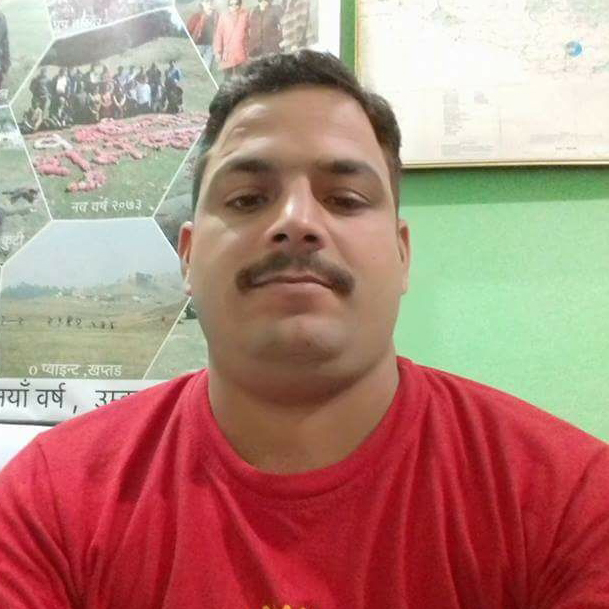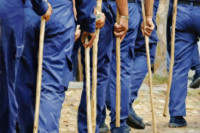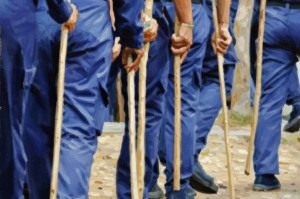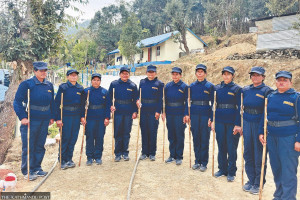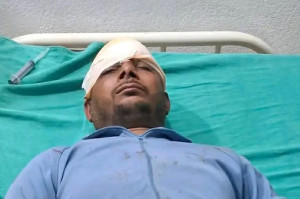Sudurpaschim Province
Woman dies of snakebite in menstrual shed in Kanchanpur
Despite campaigns, Chhaupadi practice persists in far-western Nepal.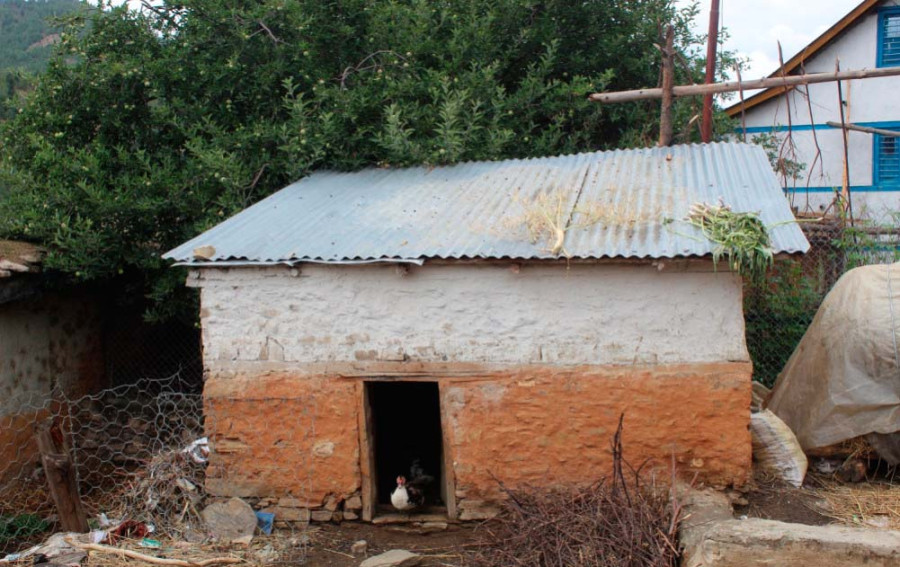
Bhawani Bhatta
A 28-year-old woman died after being bitten by a snake while staying in a menstrual shed in Kanchanpur district.
According to the District Police Office, Kanchanpur, Kamala Aauji Damai of ward 1 in Krishnapur Municipality was sleeping in a hut near her home on Friday night when a snake bit her.
She was rushed to Seti Provincial Hospital in Dhangadhi, but died during treatment on Saturday evening, said Deputy Superintendent of Police Sagar Bohara.
“She had her meal and slept in the chhaugoth (menstrual shed). That’s when the snake bit her,” said ward chair Mohan Basnet. “Her young sons were at home. She went alone to the shed, which is about 20-30 metres from her concrete house.”
Basnet said her husband works in Surat, India, while her in-laws recently left for India after completing paddy transplantation.
Chhaupadi, a deeply rooted social tradition in western Nepal, forces menstruating women to stay away from their homes—typically in sheds, cattle sheds, or separate huts—during their periods, considering them ‘impure’.
The practice is most prevalent in Sudurpaschim Province, where social stigma and superstition persist despite legal bans.
Chhaupadi was criminalised in 2017, and offenders face up to three months in jail, a fine of Rs3,000, or both. However, enforcement remains weak.
Last year, the local ward office in Krishna Municipality had launched a campaign to dismantle such huts, demolishing around 60.
“We tried hard to eliminate them,” Basnet said. “But people rebuild them. We keep educating them, but they don’t listen to us.”
Despite having a concrete house, Damai had built the shed separately for menstruation periods. Locals and authorities say raising awareness alone has not been enough to end this harmful tradition.




 9.89°C Kathmandu
9.89°C Kathmandu